Eight talented teachers win share of over £100,000 to fund education projects
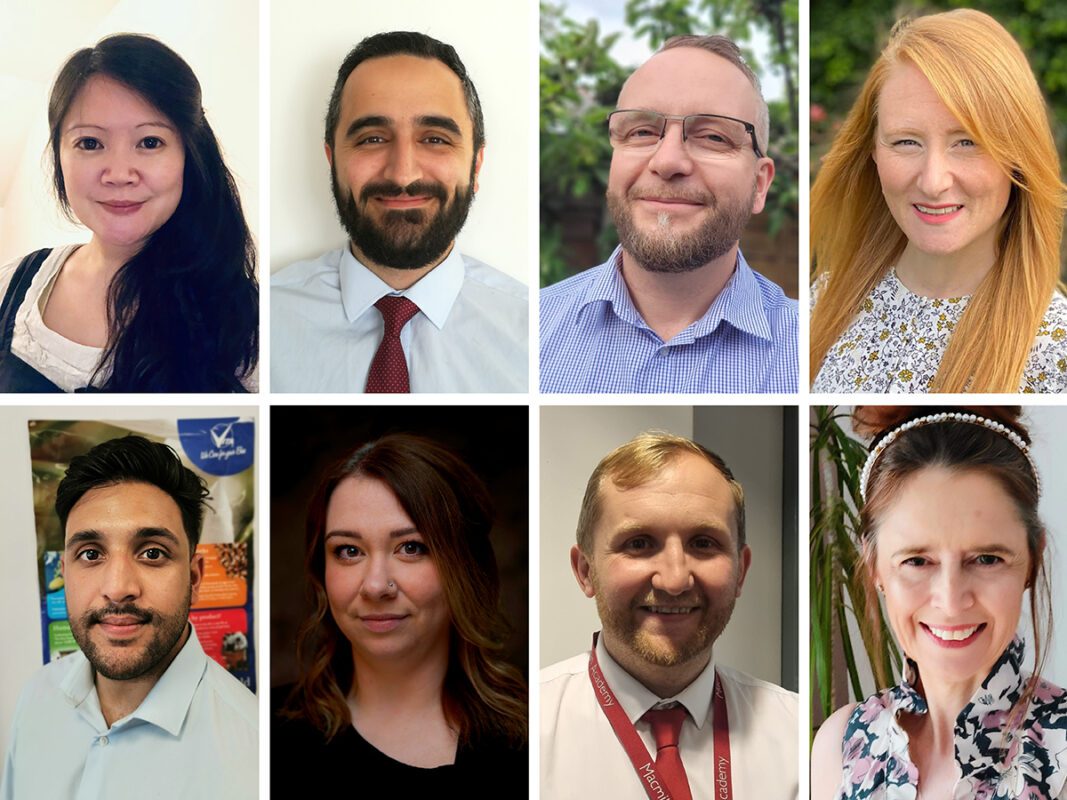
Eight talented teachers have been handed a share of more than £100,000 to help turn their project ideas into reality, after they won a prestigious education award.
Let Teachers SHINE, which is run each year by the education charity SHINE, backs great teachers by supporting them to develop new classroom innovations.
Winners receive grants of up to £25,000 to pilot projects designed to help disadvantaged children in the North to flourish at school.
As well as funding, SHINE offers all winners free access to a broad range of development workshops and coaching opportunities – helping teachers to get the best out of their ideas.
This year’s winning projects encompass maths, science, and English.

Rachael Chong – Feed Forward
Rachael Chong, a maths teacher from Greenford High School, London, has received £25,000 to develop an online platform for providing feedback to secondary school students.
Rachael believes that by helping teachers to give effective assessment feedback, her Feed Forward program will boost the attainment of students – particularly for those from disadvantaged backgrounds.
She explained: “Feed Forward aims to raise attainment and reduce the disadvantage gap in two ways: first, by diagnosing gaps in student knowledge in a personalised way that encourages essential independent learning, and secondly, by empowering their teachers with a sustainable way of delivering effective feedback.
“Winning Let Teachers SHINE and receiving their support helps me to expand this project and to share it with other schools. I have so many exciting plans for Feed Forward, and receiving this award opens up a wealth of incredible opportunities for its development – and alongside the hope that it can ultimately benefit more students.”
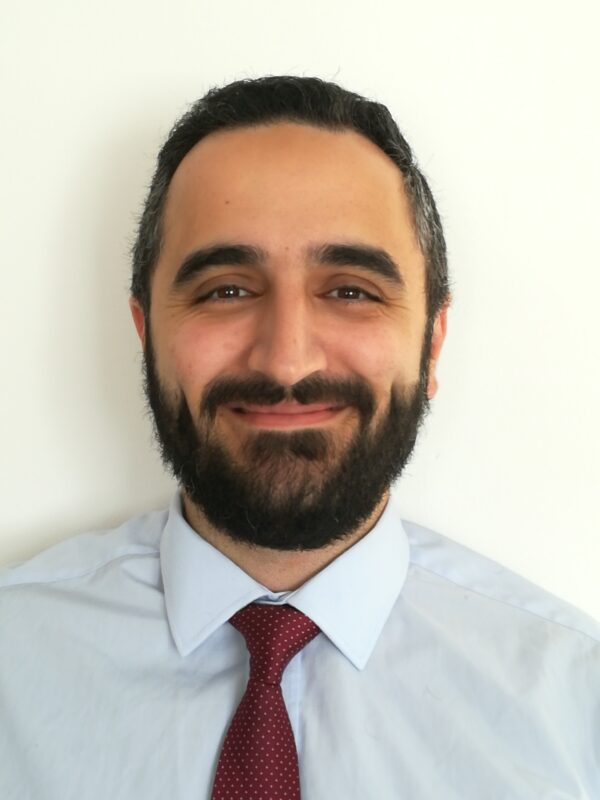
Ebrahim Tafti – Arithmagicians
Ebrahim Tafti, a maths teacher who was inspired by the creator of Times Tables Rock Stars, is developing an online program to improve pupils’ confidence in arithmetic skills.
Arithmagicians is a fun website which features games where pupils can race against time to answer maths questions mentally. As they improve, they achieve a status – from Rookie all the way to Super Genie.
“Pupils often resort to a written strategy to answer questions which can and should be done mentally. As a result, pupils don’t become fluent mathematicians,” Ebrahim explained.
At present, Arithmagicians exists only in a paper format and fifteen schools have signed up to trial the programme. But with the Let Teachers SHINE funding, Ebrahim plans to develop an online version and he hopes to have a basic version being trialled in schools by this autumn.
“I’m really grateful that unique charities like SHINE exist,” said Ebrahim. Otherwise, teachers like me would not have the opportunity to develop their ideas and share them with other colleagues across the country.”
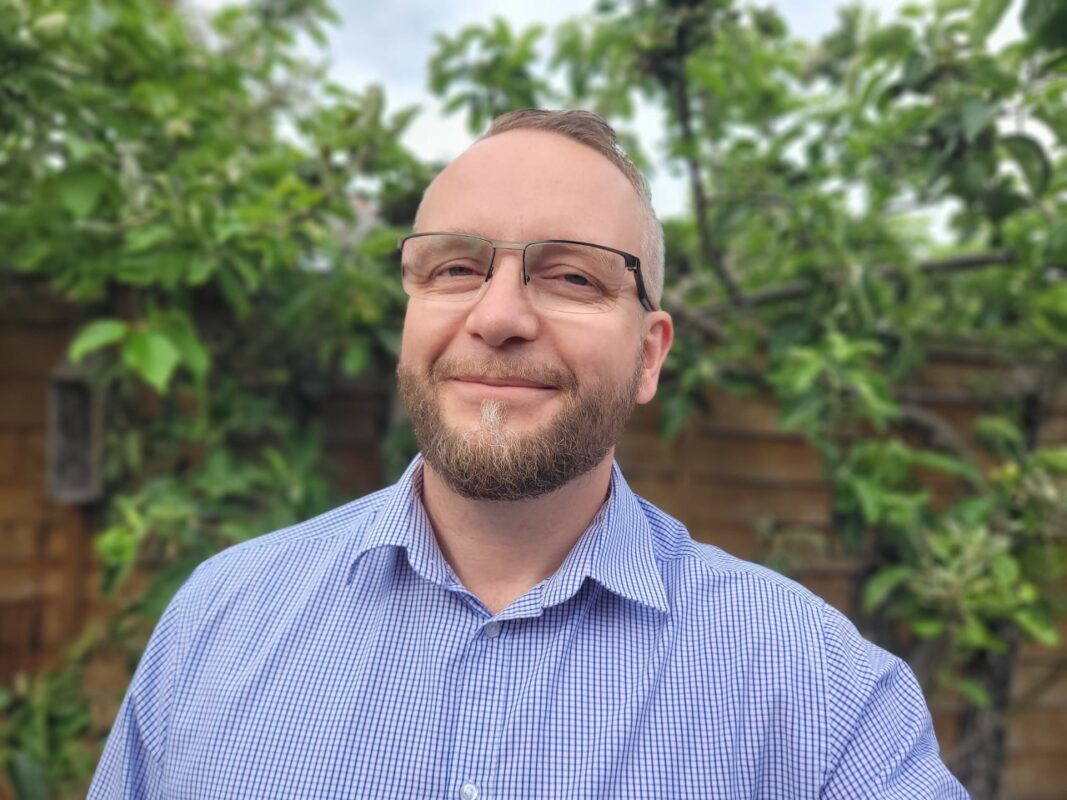
Richard Cowie – Reading on Your Head
Richard Cowie, a primary school teacher from Doncaster is developing an innovative quiz website aimed at getting children to read more at home.
Richard, who teaches Year 6 at Lakeside Primary Academy has spent the last five years developing Reading on Your Head with his friend John Applin.
Now, after winning Let Teachers SHINE, Richard can take his idea to the next level.
“I am an avid reader myself and have always believed in the power of reading as a tool to elevate pupils’ potential and enable them to achieve their very best,” Richard said. He believes his site will “make reading more fun”.
“Children can make their own quizzes, they can share them with the friends, they have their own avatars, they can collect rewards. There are gaming features and children can compete in reading – a lot like Times Tables Rockstars. What that platform does for times tables, we aim to do the same thing for reading.”
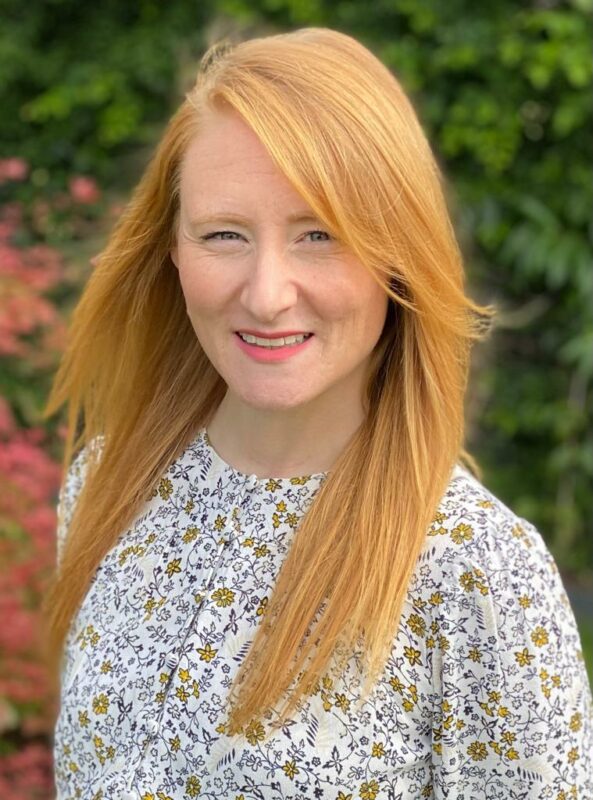
Sarah Eggington – STEM Busy Bags
Sarah Eggington, a teacher from Scunthorpe hopes her project will improve the language and communication skills of early years children while also instilling in them a love of science.
The early years teacher explained: “What we noticed, since the pandemic, lots of children were coming in with significant communication and language problems. We wanted to try and improve that, through encouraging time spent with parents, reading with them and doing activities.
“The idea is to make a bag filled with activities based around a science topic. These bags will go home for a couple of weeks and the children will do some activities with their parents who will be asked to send in photos in. In school there will be opportunities for them to apply their knowledge from home.
“Early years children are just so naturally curious about absolutely everything. You can get science in anywhere. They always have questions, so it encourages that language and communication. It’s a fantastic subject for that.”

Vacaas Zaman – STEM buggy project
Vacaas Zaman, a science teacher at Stephen Longfellow Academy in Leeds – hopes his buggy building project will engage students in science, technology, engineering, and maths (STEM).
The academy is an alternative provision, which means it caters for vulnerable children and young people who are unable to access mainstream school for reasons including school exclusion or behavioural issues. Most students are from disadvantaged backgrounds.
As part of the project, students will build a working buggy, while accompanying lessons will explain the science behind their work.
“I thought that if I can link science to something that [the students] enjoy and help them get hands-on and practical with a project, it could be an amazing experience for them and help them to re-engage with education.
“These students are from really deprived backgrounds. They don’t often get pushed to do hobbies or activities or anything extracurricular. The experience of building a working car will be amazing for them.”
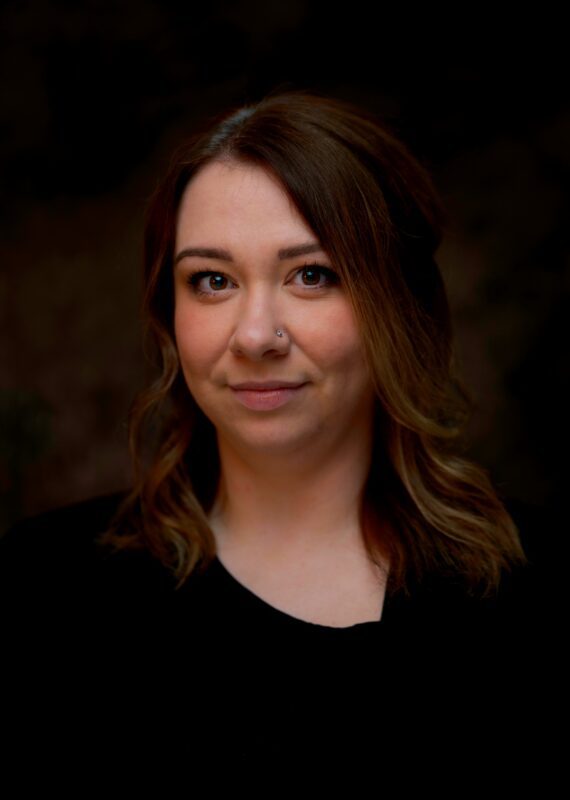
Rachel Major – STEAM Scouts
Rachel Major, from Horbury Academy, in Wakefield, hopes her project will get more young people into science, technology, engineering, art and maths (STEAM).
Rachel’s STEAM Scouts project will target pupils from disadvantaged backgrounds with the aim of increasing their aspirations and engagement in these subjects, while at the same time tackling some of the stereotypes associated with STEAM careers.
The project will also support primary school pupils preparing to make the move to secondary, by introducing them to STEAM in a fun and engaging way, all based on an annual theme.
“It’s about creating a STEAM culture in our academy trust, and throughout our community” explained Rachel. “I hope to inspire pupils from diverse backgrounds to take up a career in STEAM after school.”
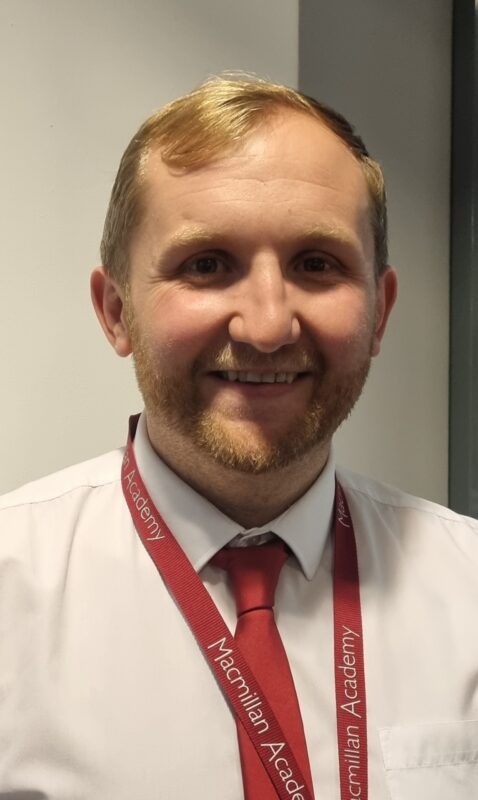
Jonny Foster – Prodigy
Middlesbrough secondary school teacher Jonny Foster is developing an idea that will help students transfer knowledge and skills between maths and science and to make connections between their lessons and the real world.
Although it is a well-known issue, Jonny says there are little or no solutions available to teachers.
“I am going to create animated lessons that students can access online,” said Jonny. “And to keep them engaged, my idea is to build a profile of the students’ interests and their likes, and then deliver questions that are relatable to them.”
Jonny also plans to include game elements, allowing students to create an avatar, collect coins, and compete against their classmates.
If it proves successful, Jonny believes Prodigy could be extended to other subjects which share similarities, such as geography and science.
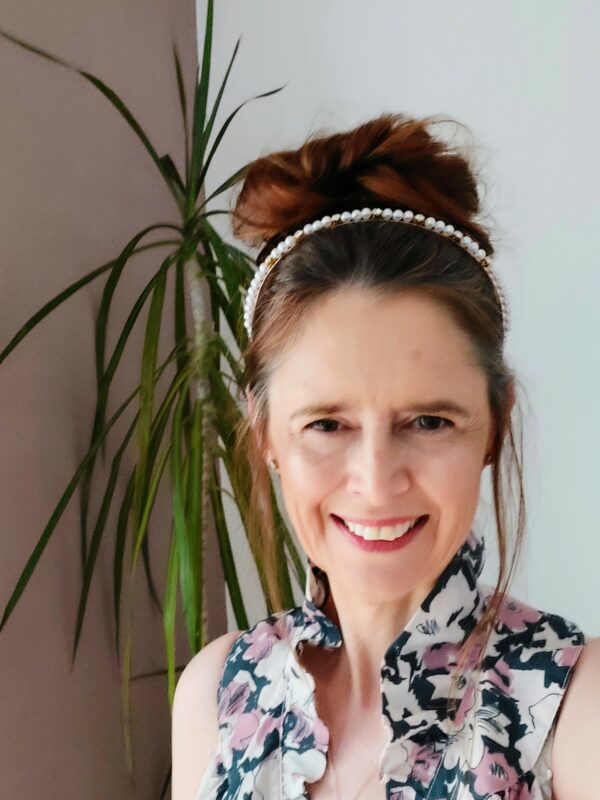
Estelle Bellamy – WIKI Bookmarks
Blackpool English teacher Estelle Bellamy is developing a project that uses printed bookmarks to increase children’s understanding of vocabulary.
The Director of English at the Fylde Coast Academy Trust group of schools has designed a series of “WIKI” bookmarks which contain the most common elements of words (prefixes, such as “semi-“, and “under-”, suffixes like “-ish” and “-ness” and roots, including “aqua” and “mega”) to help pupils to decode words they are not familiar with.
“The bookmarks train children to unpick the meaning of words by breaking them down, a technique that is much more powerful than using a dictionary,” Estelle explained.
“The dictionary definition may not make sense to you, whereas if you connected a word to something you already understand, then that is much more useful.
“Most importantly for our students, it is about building confidence and self-regulation and metacognition skills. Children, when they are faced with something that they don’t understand, are given a strategy to deal with it.”







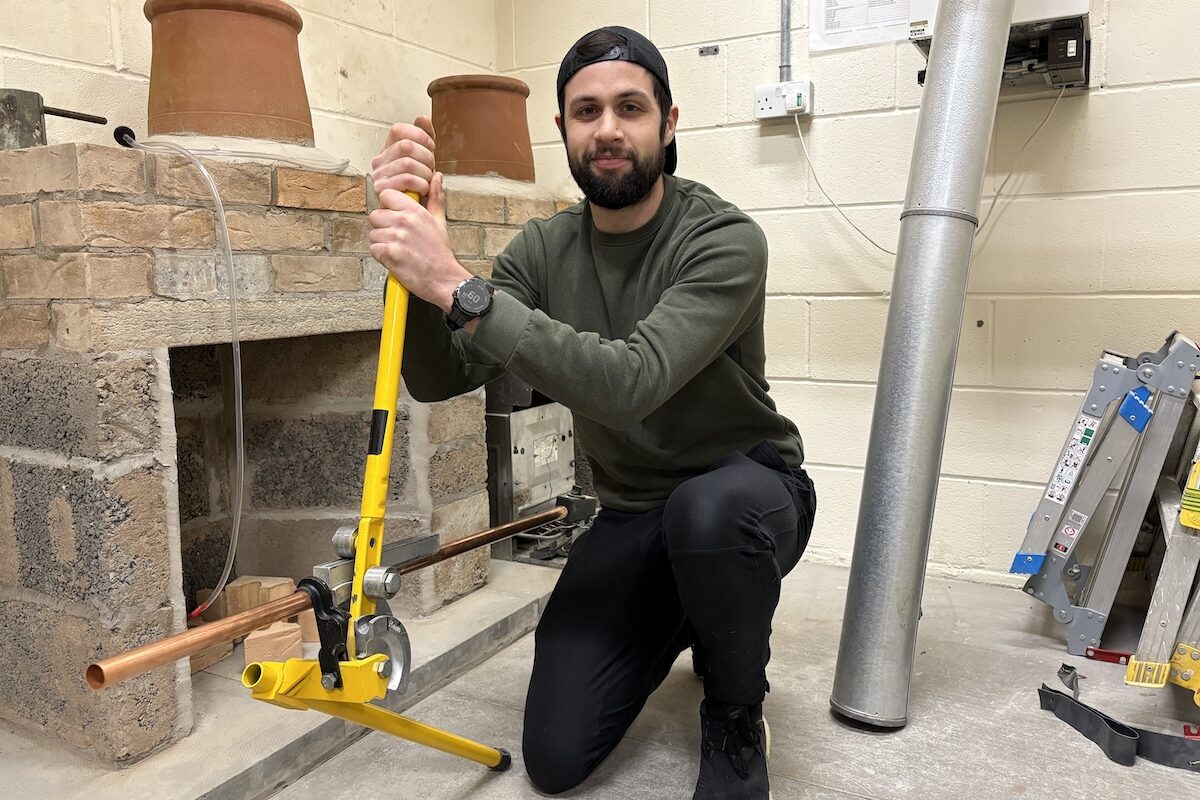

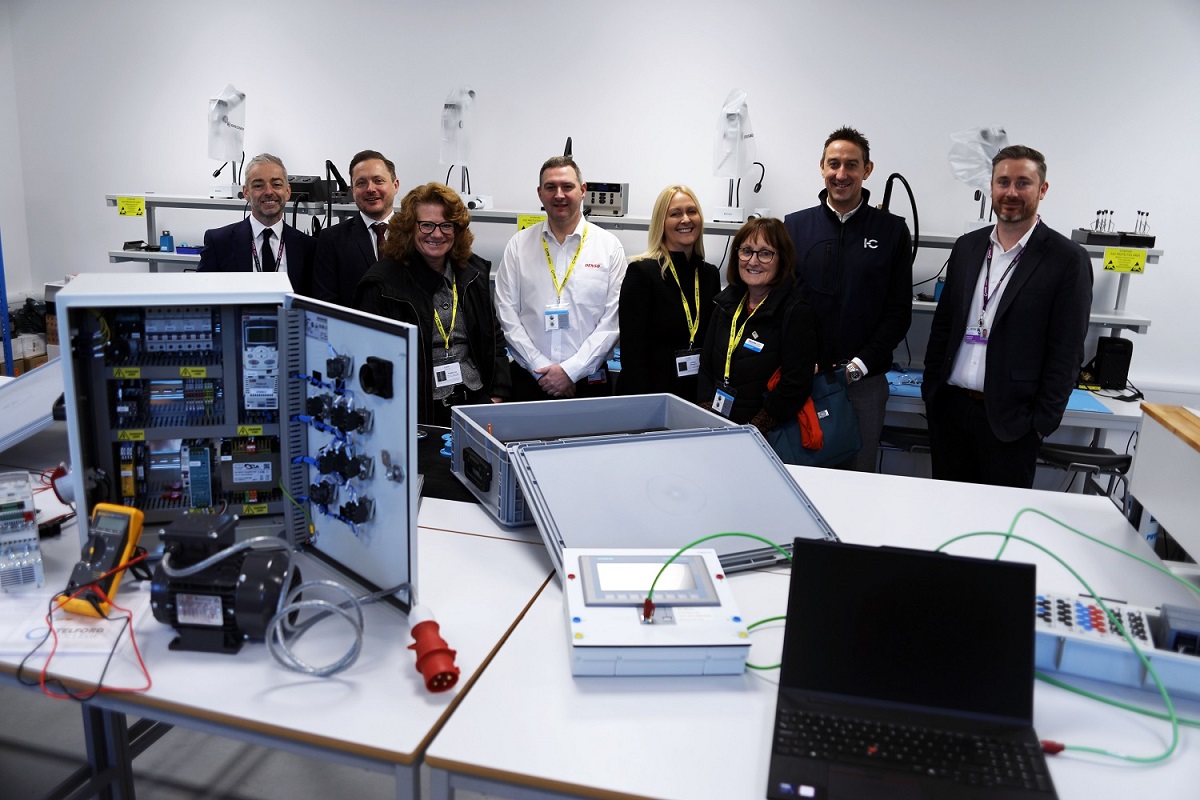
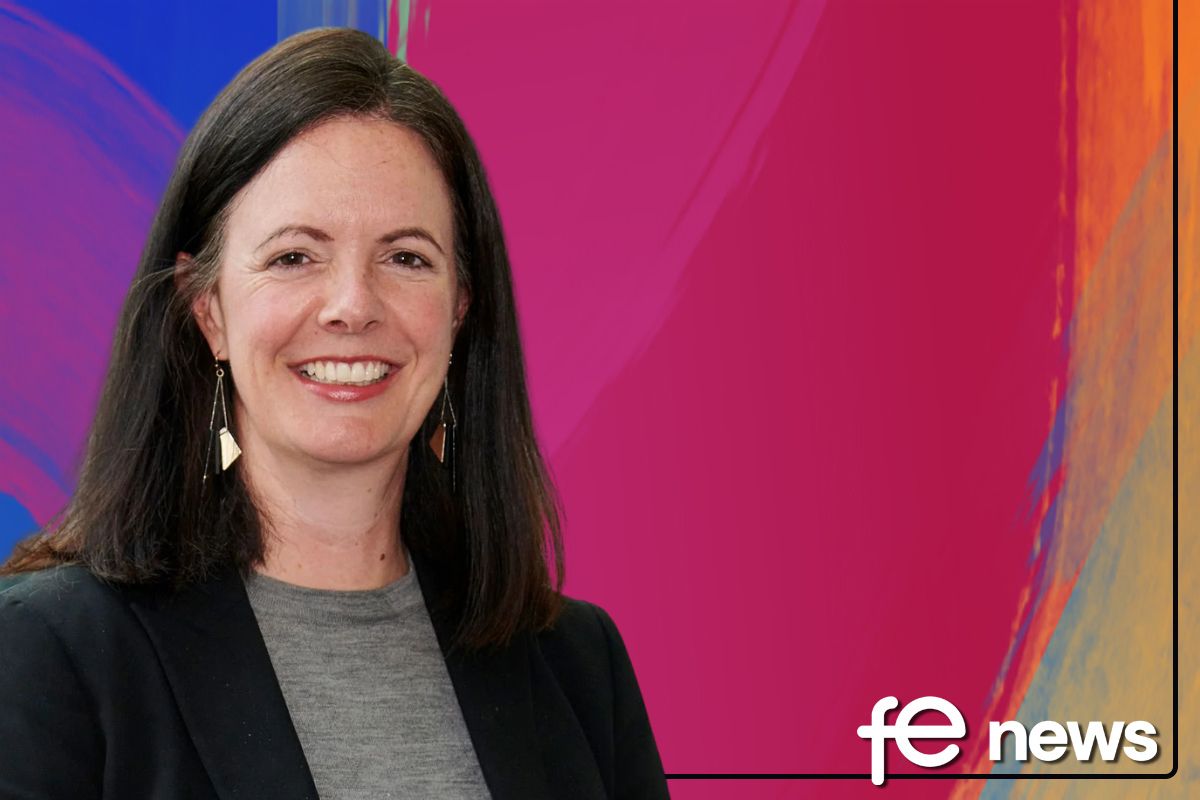
Responses